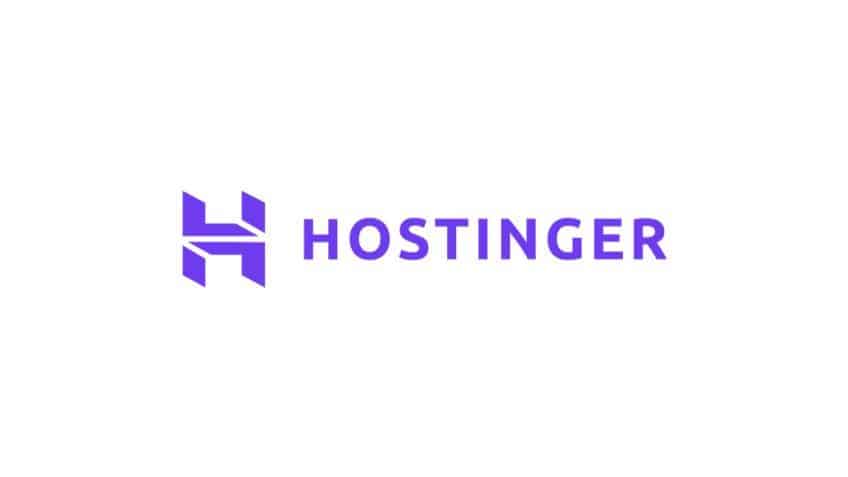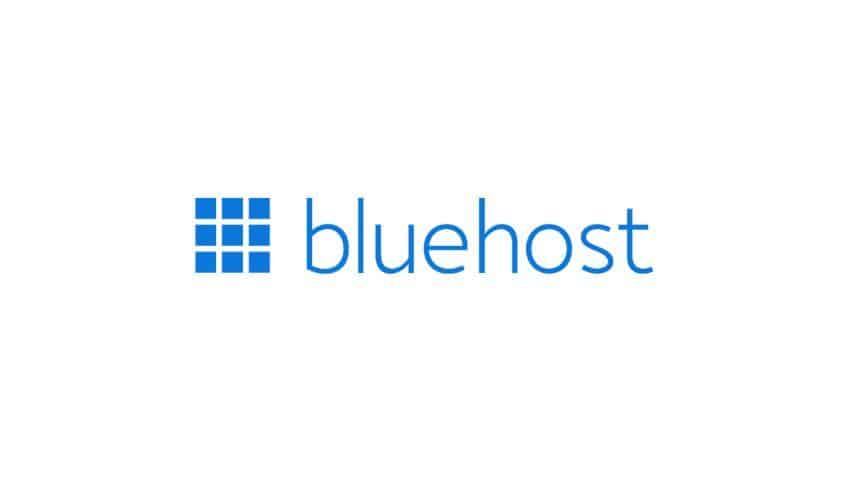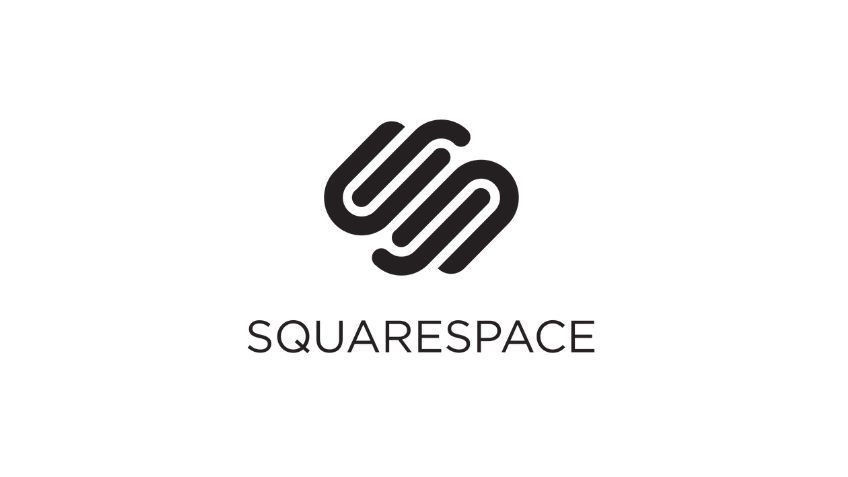With many business tools, your choice doesn’t make a huge difference. But with website builders, your decision has serious long-term implications for SEO, speed, design flexibility, and how easily you can scale or integrate new features over time.
Choosing the wrong website builder can box you in. If you later decide you don’t like it, switching platforms usually means rebuilding your entire site from scratch. That’s one of the biggest downsides of most website builders—once you commit, there’s no easy way out, and migrations can disrupt rankings, analytics, and your checkout or lead flows.
So, Should You Use a Website Builder in 2026?
If you’re launching a basic website that doesn’t depend heavily on organic traffic or advanced technical performance, a website builder is a smart choice in 2026. You’ll get fast setup, attractive templates, built-in hosting, and fewer moving parts to maintain.
Small businesses, local service providers, ecommerce startups validating an idea, portfolios, and similar projects will do just fine—as long as you choose a builder you can grow with for the long haul and that supports your essential features (forms, scheduling, simple ecommerce, email capture, and basic SEO controls).
But if you’re starting a blog or any site that relies on search traffic, affiliate revenue, or ad monetization, you’re far better off with traditional hosting and WordPress. WordPress gives you the control, flexibility, and scalability required to optimize Core Web Vitals, implement advanced SEO, and grow your site over time. You don’t want to be stuck with a builder that can’t support your growth.
In that case, I recommend Hostinger’s WordPress hosting—it’s affordable, fast, and includes essentials like a free SSL, a domain on many plans, automatic updates, and one-click staging to help you hit the ground running.
If that doesn’t apply to you, keep reading. You’re exactly where you need to be.
The Best Website Builders
Several web hosting providers, like Hostinger and Bluehost, now include free website builders with their hosting plans, which is ideal if you want to preserve the option to switch to WordPress later without changing hosts.
These bundled builders aren’t as robust as standalone platforms like Wix or Shopify, but they’re great if you want to keep your options open. Hostinger’s Cloud Startup plan supports up to 100 websites (entry web hosting tiers support fewer). You can build with the included website builder or spin up a WordPress site on the same account.
Bluehost supports multiple websites on a single plan at the Plus tier and above and includes a builder that’s fully integrated with WordPress. That means you can build visually without giving up WordPress’s power, plugin ecosystem, and long-term flexibility.
If traditional hosting isn’t your concern and you just want the most feature-rich website builder experience possible, here are my top picks:
- Wix – Best all-around website builder for most users
- Shopify – Best for ecommerce businesses and multi-channel selling
- Squarespace – Best for creatives, portfolios, and visual brands
Hostinger – Best Traditional Hosting + Website Builder Combo

Hostinger offers one of the most affordable entry points on my list, with promotional plans that often start around $2.49–$2.99/month on longer-term commitments—about a fraction of what many competitors charge. Renewal rates are higher, but still competitive for the features you get.
Depending on your plan, you can host multiple websites on a single account. Cloud Startup supports up to 100 websites, while entry-level web hosting tiers support fewer. It’s excellent value if you want to run multiple small sites or test new ideas without buying extra plans.
Best of all, Hostinger gives you the freedom to build some sites with its website builder and others with WordPress—all under one account—so you can pick the right tool for each project without juggling different providers.
Keep in mind, though, that website builder sites are not portable to WordPress and vice versa. Once you build with Hostinger’s builder, you’re committed to that ecosystem unless you rebuild. That limitation is true for nearly all builders, not just Hostinger.
Still, it’s more flexible than most platforms and gives you options other website builders simply don’t offer, including a smooth path to WordPress if you outgrow the builder.
The builder itself is intuitive and easy to use—even for total beginners. Many users create clean, professional-looking sites in a day, thanks to a simple visual editor, built-in sections, and sensible defaults.
Its drag-and-drop interface makes design simple, and mobile optimization is automatic—your website will look good on phones, tablets, and desktops out of the box. You also get free SSL, basic analytics, and marketing tools like email capture and pop-ups.
Hostinger includes 150+ modern templates. But there’s a catch: switching templates later generally requires redesign work. Plan your structure first to avoid redoing pages mid-project.
While it’s not the most customizable builder, it handles the fundamentals extremely well—especially at this price point—and the option to launch or migrate to WordPress on the same account is a big advantage.
Need help? Hostinger’s support team is available 24/7, and its knowledge base is full of walkthroughs, tutorials, and troubleshooting guides. Response quality varies, but the self-serve articles are thorough and usually enough to solve common issues.
Bluehost – Best WordPress Website Builder

Bluehost isn’t as budget-friendly as Hostinger on renewals and may include fewer websites on entry tiers, but it’s the only option here with a visual builder that sits directly on top of WordPress. You get WordPress’s customization, scalability, and ownership—plus a guided, drag-and-drop experience to speed up your first build.
If you change your mind about the visual builder later, you can switch themes or page builders without losing your content or starting from scratch, because everything lives in WordPress.
WordPress does have a steeper learning curve than most website builders. Don’t let that scare you—documentation, tutorials, and community support are everywhere, and most tasks become second nature after your first build.
Bluehost also includes beginner-friendly WordPress tools like WonderSuite (with WonderBlocks, WonderTheme, and guided onboarding), plus staging, backups, and automatic updates to keep your site stable as you experiment.
It’s not the easiest path for absolute beginners—but if you’re willing to invest a little time, you’ll end up with a site that’s uniquely yours, extensible through plugins, and primed to grow without platform lock-in.
Wix – Best Traditional Website Builder Overall

If you want a fully featured website builder that gives you total control with minimal hassle, Wix is the best traditional website builder available in 2026 for most people—powerful, polished, and easy to learn.
I normally hesitate to call anything “the best overall,” but Wix earns it—it strikes the right balance between power and approachability, with a deep app market for extras like bookings, events, memberships, and simple ecommerce.
Wix is one of the few builders that offers true free-form drag-and-drop design. While most platforms keep you inside rigid grids, Wix lets you place elements almost anywhere, giving you precise control over layout and spacing.
You can start with hundreds of templates or use Wix’s AI-powered builder. The AI option feels like a quick intake: answer a few questions, pick a vibe, and it generates a personalized site you can immediately refine.
It’s incredibly beginner-friendly yet flexible enough for advanced users to experiment. Many highlight how intuitive it feels to get a professional design without touching code.
“Wix is so easy to use,” is a common refrain from new site owners. Templates are modern, sections are pre-built, and on-page editing is straightforward—so you can focus on content and offers, not tooling.
Beyond pages, Wix includes tools for bookings, email marketing, forms, ecommerce, restaurant menus, events, and more—depending on your plan and installed apps.
The downside? Price. Wix can get expensive after introductory promos, and some capabilities are gated behind higher tiers or add-ons. It’s easy to assume a feature is included during setup, only to learn later it requires an upgrade.
The good news is you can try Wix for free and build your site before committing. That makes it easy to confirm fit and budget before you publish.
Shopify – Best Website Builder for Ecommerce Stores

If selling online is your main goal, Shopify is the gold standard for ecommerce website builders. No other platform is as dedicated—or as powerful—when it comes to helping you sell across channels.
Shopify gives you everything you need to run an ecommerce business end to end: product catalogs, variants, inventory across locations, tax and shipping settings, discounting, abandoned-cart recovery, checkout, and native integrations with marketplaces and social platforms.
Despite all of that, the platform is user-friendly—even for beginners. Whether you’re launching your first product or scaling up, Shopify’s guided setup and extensive app store make it straightforward to expand capabilities as you grow.
While other builders can do ecommerce, Shopify was built for it. It doesn’t try to serve every possible use case. That singular focus means product updates, support docs, and apps are all aligned around selling more, faster.
Shopify also functions as a complete business platform—website builder, storefront, payment processor, inventory manager, marketing hub, and shipping partner all in one. If a feature isn’t built in, Shopify’s app marketplace almost certainly offers it.
There are few limitations. Sell unlimited products and variations, connect retail POS, and sync sales on Amazon, TikTok, Instagram, and more. You can start with a free theme or purchase a premium one and still launch quickly.
Shopify makes it easy to launch a beautiful, conversion-ready store without writing code. Upload your content, configure the essentials, and go live with confidence.
The only catch? Design freedom is more constrained. Deep customization typically requires Liquid or developer help, though most merchants are happy with theme-level controls and app-based enhancements.
Most users are more than satisfied with Shopify’s themes out of the box, so this trade-off won’t matter for everyone.
Pricing generally starts at about $29/month when billed annually (with frequent promos like $1 for the first 3 months on new stores; monthly billing is higher). If ecommerce is your business, the ROI is there. If you’re not selling products, look elsewhere—Shopify is laser-focused on online retail.
Squarespace – Best Website Builder for Creatives

Squarespace is the top choice for visual artists, designers, photographers, and creatives who prioritize aesthetics and brand presentation.
Everyone I’ve seen succeed with Squarespace leans visual—a web design instructor, an interior design blogger, and portfolio-based entrepreneurs across niches.
If visuals are a key part of your brand identity, you’ll love Squarespace’s stunning design templates. They’re polished, modern, and look fantastic out of the box—perfect for galleries, lookbooks, and long-form pages.
You don’t need to tweak much to create a website that looks world-class. Upload your content, adjust colors and fonts to match your brand, connect your domain and social accounts, and you’re ready to publish.
Squarespace’s backend editor is intuitive and clean. Even first-time users—like fresh design graduates or photographers building their first portfolio—can launch a polished site in less than a day.
It’s also ideal for influencers, creators, and social-first brands. Squarespace integrates smoothly with Instagram, TikTok, and YouTube, giving you a central hub for content, plus built-in tools for email, scheduling, and simple digital product sales.
All plans include helpful extras like link-in-bio pages, social posting, basic analytics, and ecommerce add-ons when you’re ready to sell.
That said, Squarespace isn’t perfect. Advanced customization—especially for mobile layouts—can take trial and error, and it won’t match WordPress for plugin-level flexibility.
Users praise Squarespace’s all-in-one simplicity for creative work, but if you anticipate complex functionality or custom integrations, WordPress or Wix will give you more room to grow.
How I Chose Which Website Builders to Review
I narrowed down my list of website builders by evaluating each one using five key criteria that matter in real-world use:
- Ease of Use
- Depth of Customization
- Scalability
- Ability to Earn Money
- Price
I looked at dozens of popular platforms and tested each one against these factors. Then I had our team build simple websites with each tool to evaluate the onboarding experience, template quality, mobile responsiveness, SEO settings, and core features—both on free and premium plans.
From there, I selected the top five website builders that offered the strongest overall value across those five areas. Each stands out for a different reason, so you can match your choice to your specific goals rather than force-fitting a tool to your needs.
How I Reviewed Each Website Builder on My List
I believe the most useful insights come from real users—not marketing pages or sponsored demos.
That’s why I went beyond feature lists and sandbox accounts. I spoke with people using these platforms in real businesses and projects. They shared wins, sticking points, and the surprises they encountered while building and running their sites.
Some participated in live interviews, while others completed in-depth surveys. I asked consistent questions to compare experience level, setup time, design flexibility, and how each platform handled growth.
I then combined firsthand testing with user feedback to create this guide and make it as practical and honest as possible.
What I Learned While Researching Website Builders
Going into this guide, I had a few assumptions about website builders. After testing and interviewing real users, I walked away with a clearer picture of what actually matters most—especially for first-time builders and small teams.
Here are a few key takeaways that stood out during my research:
Ease of Use Is Critical in the Beginning
The number-one reason people choose a website builder over WordPress is simplicity. And yes—every builder on my list is easier to use than configuring WordPress from scratch. But there are levels to it, and guided onboarding and sane defaults make a huge difference.
Some builders, like Wix and Hostinger, are extremely beginner-friendly and walk you through every step. Others, like Bluehost (via WordPress), are more flexible but require more learning. Pick the path that matches your comfort with tinkering and how fast you need to launch.
The best choice depends on your timeline and tolerance for learning. If you just want a site up fast, go with something simple. If you’re okay learning a bit, more advanced options offer bigger long-term upside.
Depth of Customization Becomes Important Later
When you’re starting out, you mostly want your website to “just work.” As you grow, customization becomes critical—editing code, adding third-party tools, creating dynamic content, and improving performance for SEO and conversions.
Many users start with a builder that feels easy—then hit limitations as their needs evolve. While simplicity matters early, don’t overlook how flexible a builder is for future growth, integrations, and advanced SEO settings.
Scalability Is Often Overlooked
Few people think about long-term scalability when launching their first site—but they should. Migrating to a new platform later is painful, especially if your site is generating traffic or revenue.
That’s why it’s smart to pick a builder that can grow with your business. WordPress (via Bluehost or Hostinger) offers the most scalability and freedom, while builders like Shopify and Wix provide upgrade paths through apps and advanced features. If you think your site will evolve significantly, plan for it now—not after you’ve outgrown your builder.
The Best Website Builders
Here are my top picks:
- Wix – Best all-around website builder for most users
- Shopify – Best for ecommerce businesses and multi-channel selling
- Squarespace – Best for creatives, portfolios, and visual brands
